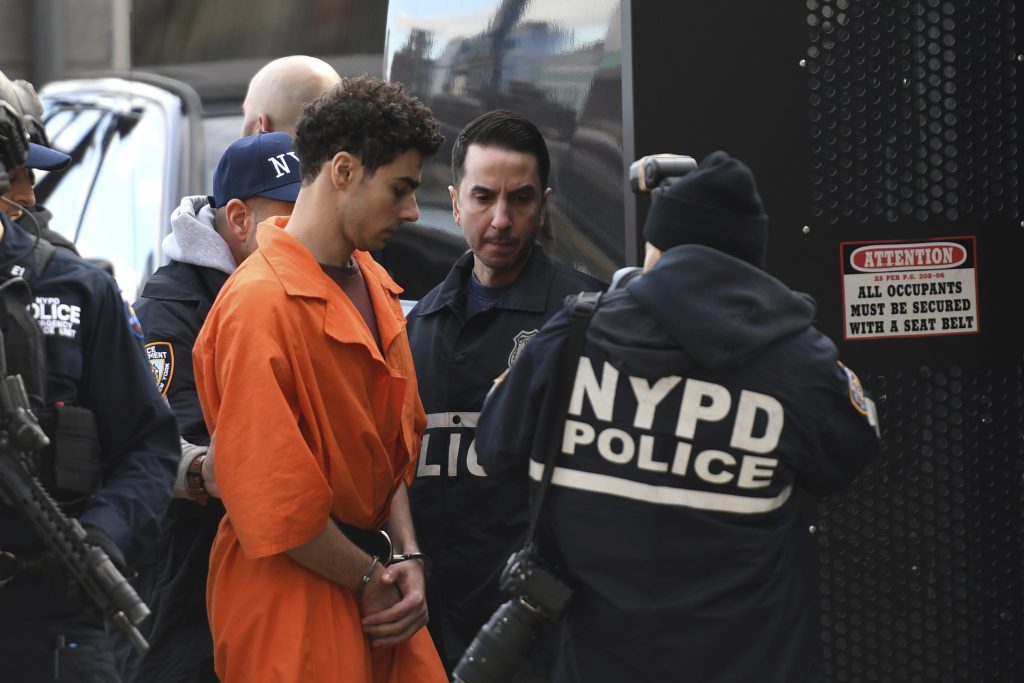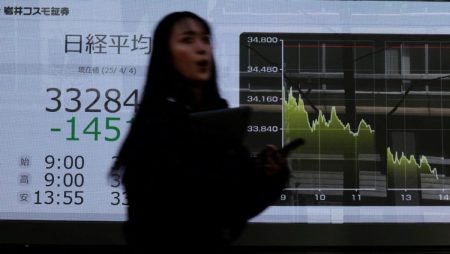The recent murder of UnitedHealthcare CEO Brian Thompson in broad daylight on a New York City street has sparked a debate about the application of the term “terrorism.” Manhattan District Attorney Alvin Bragg labeled the killing as an act intended to evoke terror, and subsequently charged the suspect, Luigi Mangione, with terrorism. This raises the critical question: Does this tragic incident truly meet the established criteria for terrorism? Defining terrorism has long been a contentious issue among political scientists and governments alike, with no universally accepted definition. Scholarly attempts to codify the term have yielded hundreds of varying definitions, highlighting the inherent complexity and politically charged nature of the concept. This lack of consensus allows for the manipulation of the term to serve political agendas, both domestically and internationally.
The instrumental use of the “terrorism” label allows governments to discredit opponents and justify actions. Authoritarian regimes routinely brand peaceful dissent as terrorism, while even democratic governments have been accused of misapplying the term for political gain, exemplified by the labeling of some January 6th Capitol rioters as terrorists. Internationally, the application of the term is often influenced by geopolitical considerations. The ongoing debate surrounding the designation of Hayat Tahrir al-Sham (HTS) in Syria as a terrorist organization illustrates this dynamic, with HTS attempting to distance itself from its Al-Qaeda past. Similarly, differing perspectives on Hezbollah, seen as a legitimate resistance group by Iran and a terrorist organization by the US and Israel, highlight the subjective nature of the label. The fluidity of these designations is further underscored by historical examples such as the US’s shifting stance on the PKK, initially designated a terrorist group but later viewed as an ally against ISIS in Syria.
Despite the lack of a universally agreed upon definition, terrorism scholars generally adhere to a set of core criteria. These criteria stipulate that a terrorist act must be perpetrated by a non-state actor, target civilians, and be driven by a political objective. This framework distinguishes terrorism from acts of war, conventional crime, and acts motivated by personal grievances or mental illness. Applying these criteria to the Mangione case presents a complex picture. The evidence suggests Mangione acted alone, qualifying as a “lone wolf” non-state actor. His victim, Brian Thompson, was a civilian, making him a non-combatant target. The political nature of Mangione’s motive, however, remains ambiguous.
A handwritten note found on Mangione referenced “parasites” in the healthcare system exploiting the American public for profit, suggesting a potential political grievance. Yet, the note lacked a clear articulation of a desired political outcome. Unlike the manifestos of other terrorists, which explicitly call for political or social change, Mangione’s note primarily focused on his anger toward the healthcare system, seemingly stemming from his chronic back pain and dissatisfaction with his spinal surgery. This raises questions about the extent to which his actions were driven by political ideology versus personal frustration and potential mental health issues.
Comparing the Mangione case to other acts of terrorism further highlights the ambiguity surrounding his motives. The Boston Marathon bombers, the San Bernardino shooters, and the Pulse nightclub attacker all explicitly linked their violence to broader political or religious goals. Their actions left little doubt about their terrorist intent. In contrast, the Mangione case bears more resemblance to the 2010 attack on an IRS building in Austin, Texas. The perpetrator in that case, Andrew Joseph Stack, also left a manifesto detailing his grievances against the IRS and big business but lacked a clear political objective. Ultimately, law enforcement classified the incident as a criminal act rather than terrorism.
Based on the currently available evidence, the Mangione case appears to be driven more by personal anger toward the healthcare system than a defined political objective. While anger can be a motivator in various crimes, it does not automatically qualify an act as terrorism. It is possible that further investigation may reveal a more explicit political motive, clarifying the nature of the attack. However, as it stands, the case lacks the definitive hallmarks of terrorism, despite sharing some of its constitutive elements. Regardless of the final determination, the case underscores the ongoing challenge of defining and identifying acts of terrorism, particularly in cases involving lone actors with complex motivations.










